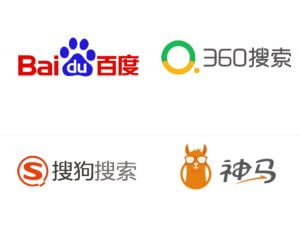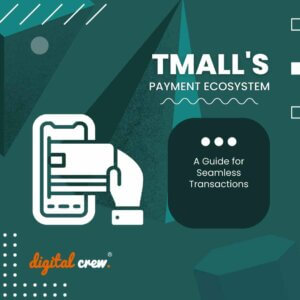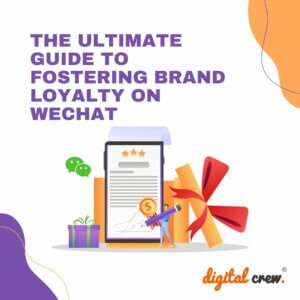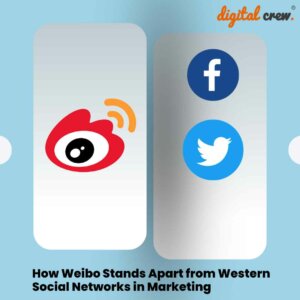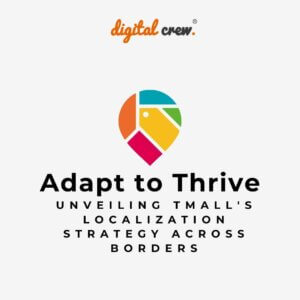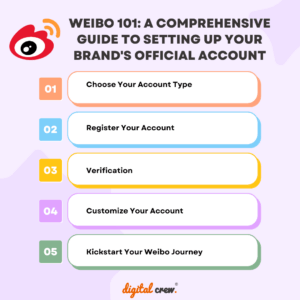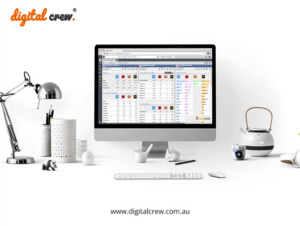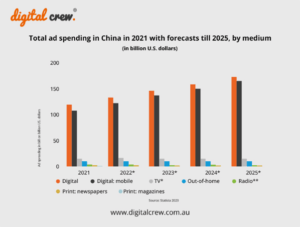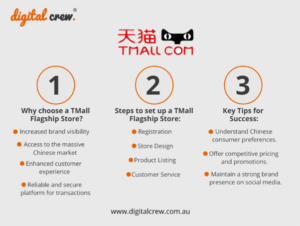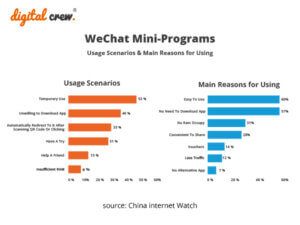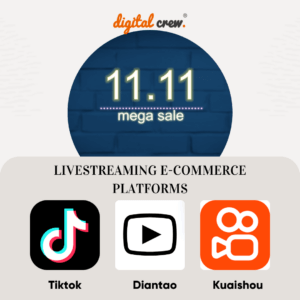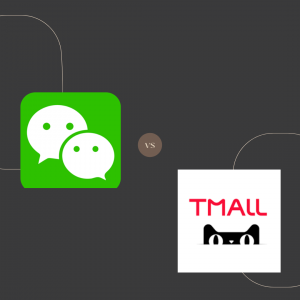In China, demand for foreign brands is growing all the time. Setting up on a Chinese e-commerce platform could be just the thing for tapping into the local market, without needing to set up a physical store in China.
But it’s important to do your homework so that you choose the best platforms to suit your business.
Here’s a brief guide to the most popular platforms to help you decide.
Tmall Global
Alibaba’s Tmall operates as a B2C (business-to-consumer) platform for exclusive quality products, and is used by well-known brands such as Apple, Nike, Sony, Siemens, Mercedes and Costco.
When a business joins Tmall, it is provided with its own online storefront, as well as paid advertising options and various marketing and analytics tools. Goods can either be delivered directly to customers, or through bonded warehouses in China.
Eligibility for Tmall includes the following:
- Ownership of a trademarked brand, or an authorised brand distributorship.
- A corporate identity outside mainland China.
- Qualifications for overseas retailing.
Tmall costs include a deposit of $US25,000 ($A33,000), annual fees of between $US5–$10,000 ($A7,000–$13,000), up to 5% commissions on sales plus a 1% Alipay fee.
Jingdong Mall (JD)
JD is a B2C platform that is sometimes likened to Amazon, and is a growing competitor for Tmall. It operates by selling products directly to consumers from warehouses in China.
The company has built a good reputation for supplying only authentic brands due to its strict policies on excluding counterfeits. It also offers a choice of business models, including franchising partnerships and licensed business partnerships.
Eligibility for JD is similar to that of Tmall – brand ownership or authorised distributorship and overseas trading qualifications, plus registration capital of 500,000 yuan ($A97,000).
According to the China Briefing business intelligence site, costs include a security deposit of up to 50,000 yuan ($A10,000), annual fees of around 6,000 yuan ($A1,000), and up to 7% commission on sales.
Yihaodian (YHD)
YHD, a B2C platform owned by American giant Walmart, focuses largely on food and beverage products.
Businesses wanting to trade on YHD will need to be incorporated in mainland China and to possess a current Chinese business licence and a Chinese bank account.
Costs include commissions of up to 10% and a 1% Alipay fee, and monthly fees of 500 yuan, around $A100.
Taobao
Like Tmall, Taobao is owned by the Alibaba Group. However, it is a C2C (customer-to-customer) platform with similarities to eBay, although it does not charge commissions on sales. Taobao may be a good option for smaller businesses looking to break into the Chinese market.
Which platforms you decide to use will depend on your budget for advertising and marketing in China, your target markets, the types of products you want to sell, the type of business model you want to use, and the size and structure of your enterprise.
If you need assistance with this, our China marketing team can explore the various options with you and guide you in your decision-making. Get in contact if you would like to know more about this or any other aspect of Chinese digital marketing.











